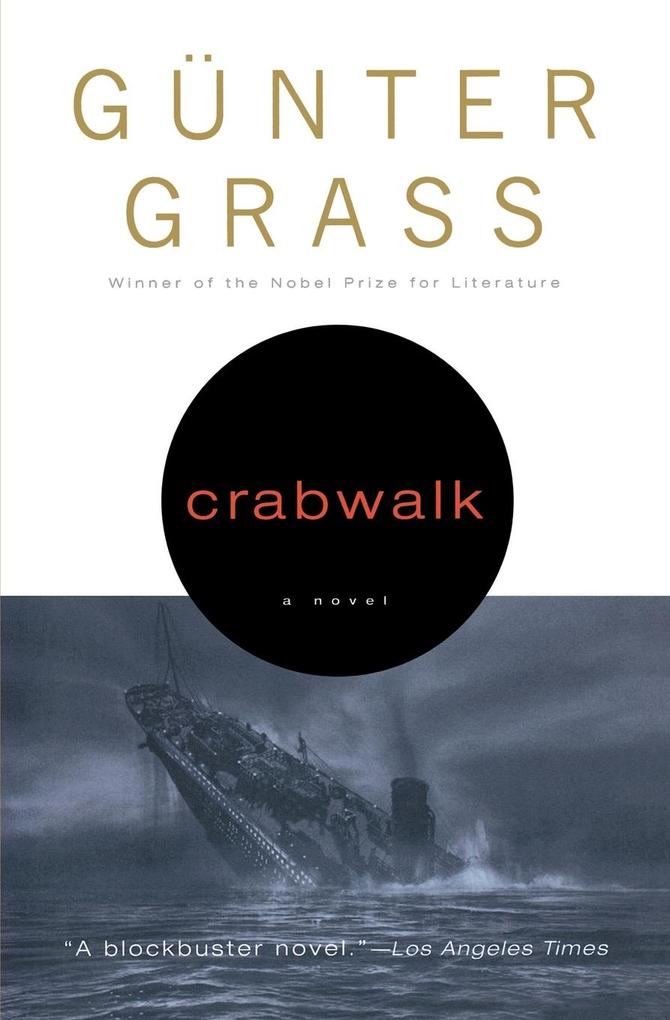
Zustellung: Di, 19.11. - Sa, 23.11.
Versand in 2 Wochen
VersandkostenfreiBestellen & in Filiale abholen:
Günter Grass has been wrestling with Germany's past for decades now, but no book since The Tin Drum has generated as much excitement as this engrossing account of the sinking of the Wilhelm Gustloff. A German cruise ship turned refugee carrier, it was attacked by a Soviet submarine in January 1945. Some 9,000 people went down in the Baltic Sea, making it the deadliest maritime disaster of all time.
Born to an unwed mother on a lifeboat the night of the attack, Paul Pokriefke is a middle-aged journalist trying to piece together the tragic events. While his mother sees her whole existence in terms of that calamitous moment, Paul wishes their life could have been less touched by the past. For his teenage son, who dabbles in the dark, far-right corners of the Internet, the Gustloff embodies the denial of Germany's wartime suffering.
"Scuttling backward to move forward," Crabwalk is at once a captivating tale of a tragedy at sea and a fearless examination of the ways different generations of Germans now view their past.
Winner of the Nobel Prize
Born to an unwed mother on a lifeboat the night of the attack, Paul Pokriefke is a middle-aged journalist trying to piece together the tragic events. While his mother sees her whole existence in terms of that calamitous moment, Paul wishes their life could have been less touched by the past. For his teenage son, who dabbles in the dark, far-right corners of the Internet, the Gustloff embodies the denial of Germany's wartime suffering.
"Scuttling backward to move forward," Crabwalk is at once a captivating tale of a tragedy at sea and a fearless examination of the ways different generations of Germans now view their past.
Winner of the Nobel Prize
Produktdetails
Erscheinungsdatum
01. April 2004
Sprache
englisch
Seitenanzahl
237
Autor/Autorin
Gunter Grass
Übersetzung
Krishna Winston
Verlag/Hersteller
Produktart
kartoniert
Gewicht
317 g
Größe (L/B/H)
203/133/15 mm
ISBN
9780156029704
Entdecken Sie mehr
Bewertungen
0 Bewertungen
Es wurden noch keine Bewertungen abgegeben. Schreiben Sie die erste Bewertung zu "Crabwalk" und helfen Sie damit anderen bei der Kaufentscheidung.









